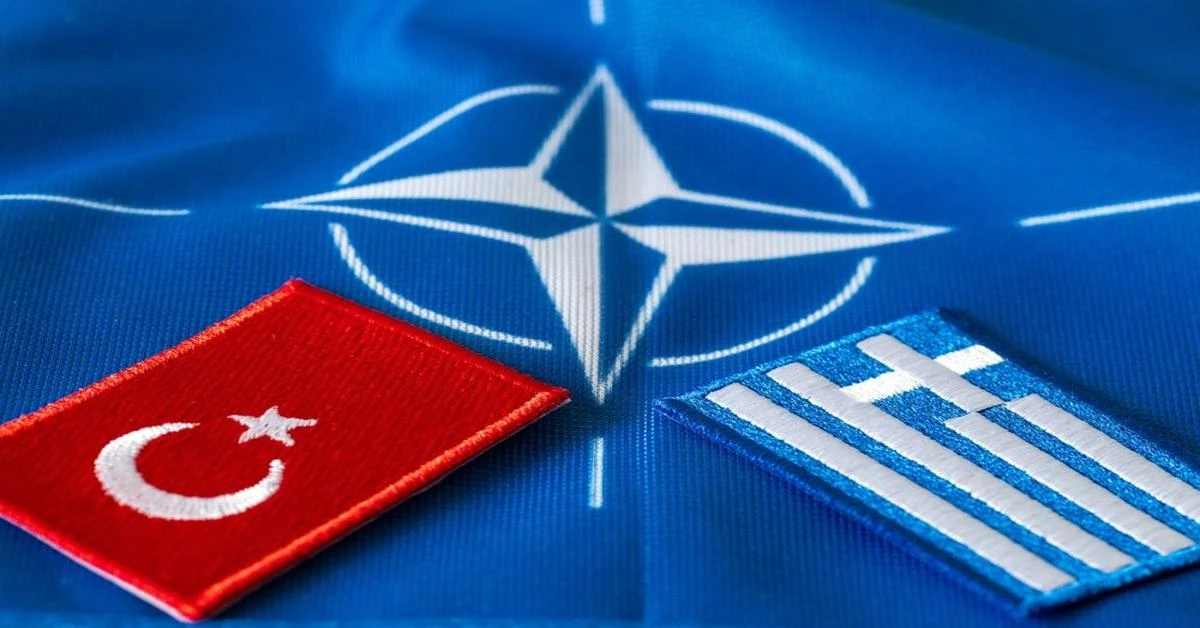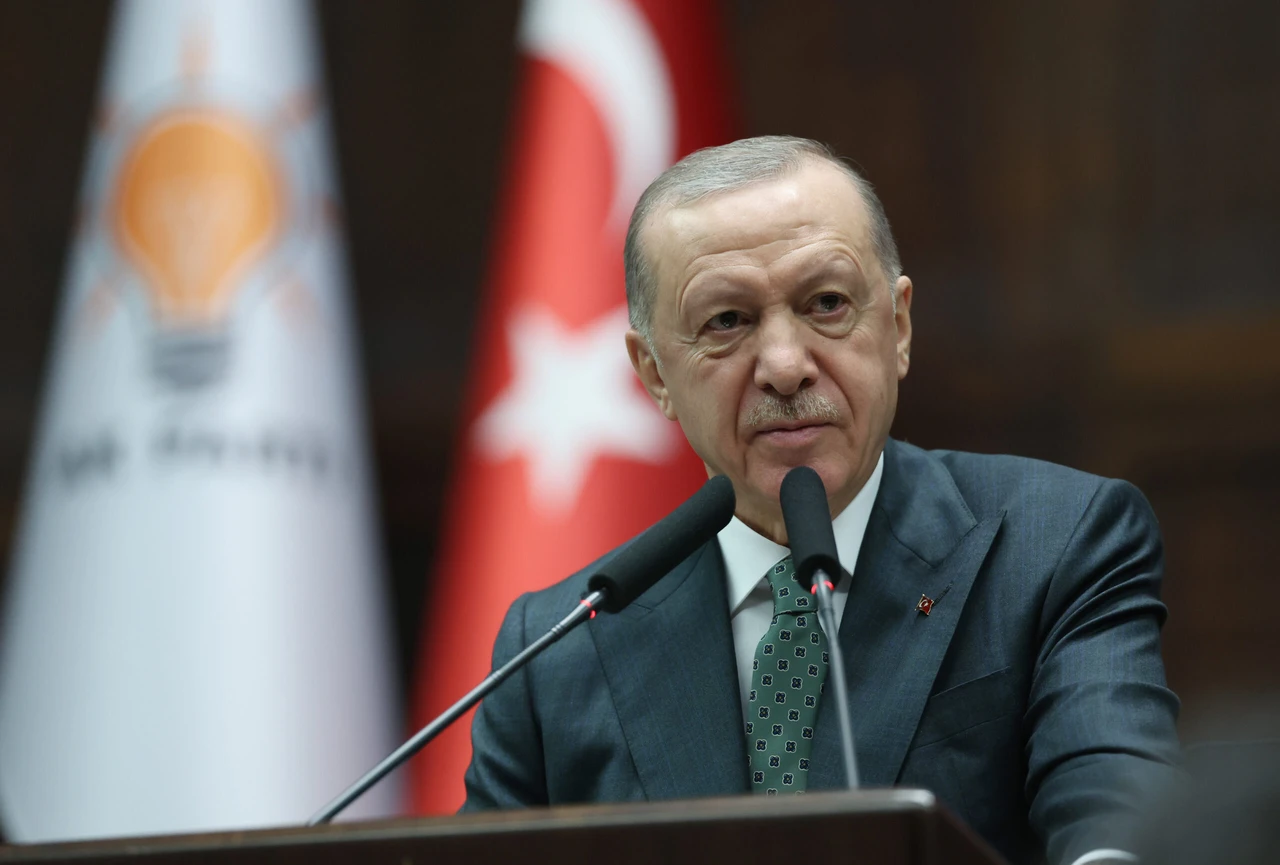Greek media paints Türkiye as new Russia in Eastern Mediterranean

Greece considers its geopolitical challenges with Türkiye similar to Ukraine’s struggles with Russia, Greek media reports
An article published by Constantinos Filis, ACG Institute of Global Affairs director and professor at the American College of Greece, in the Greek newspaper Kathimerini compared Greek-Turkish relations with the Ukraine-Russia conflict.
As explained in the article, Greece draws parallels between its situation with Türkiye and Ukraine’s conflict with Russia. Filis suggests that Greece views Türkiye’s regional activities through a lens similar to Russian actions in Ukraine.
“The Greek narrative perceives Turkish actions in the region with a similar lens used to view Russian aggression in Ukraine,” the article states. This comparison signifies Greece’s strategic framing of its geopolitical stance.
Greek-Turkish relations
Historically, Greek-Turkish relations have been marked by fluctuating tensions, particularly over issues such as territorial rights in the Aegean Sea and the Cyprus conflict.
These longstanding disputes have often positioned Greece and Türkiye at odds, despite both being NATO members. On the other hand, Greek-Russian relations have traditionally been warmer, fostered by cultural and religious affiliations.
However, recent shifts, notably Russia’s involvement in Ukraine and Greece’s growing proximity to Western powers, have altered this dynamic.
Greek and US relations vs. Türkiye and Russia
In recent times, Greece has notably strengthened its ties with the United States, a strategic pivot that seems to respond to the region’s changing dynamics.
This realignment is particularly apparent with the use of Alexandroupolis as a significant logistical hub for the U.S., especially for transporting military supplies to countries like Romania and Ukraine. This move signifies Greece’s closer alignment with American geopolitical interests, diverging from its traditionally more neutral stance.
Simultaneously, Russia has been deepening its strategic relations with Türkiye, exemplified by significant actions such as selling the advanced S-400 anti-missile system to Türkiye and collaborations in nuclear energy.
These developments have raised eyebrows in Greece, signaling a potential shift in regional power balances.
Russia’s support for Türkiye’s Mediterranean maritime moves
Moreover, Russia’s diplomatic approach, especially noted during Foreign Minister Lavrov’s 2021 visit to Athens, seems to take a somewhat accommodating stance towards Türkiye’s maritime ambitions.
This stance has been a cause of concern for Greece, as it could indicate a Russian tilt toward Türkiye in regional matters.
Konstantinos Filis also suggests that Greece is attempting to solidify its position within the Western bloc by presenting a shared threat from “revisionist” neighbors.
These shifts in alliances and foreign policy approaches, as observed by Filis, reflect a complex and evolving balance of power in the Eastern Mediterranean.
Greece’s growing alignment with the U.S., alongside Russia’s apparent tilt toward Türkiye, indicates a dynamic interplay of national interests, regional security concerns, and diplomatic maneuvers that are reshaping the geopolitical contours of this region.
Source: Newsroom



